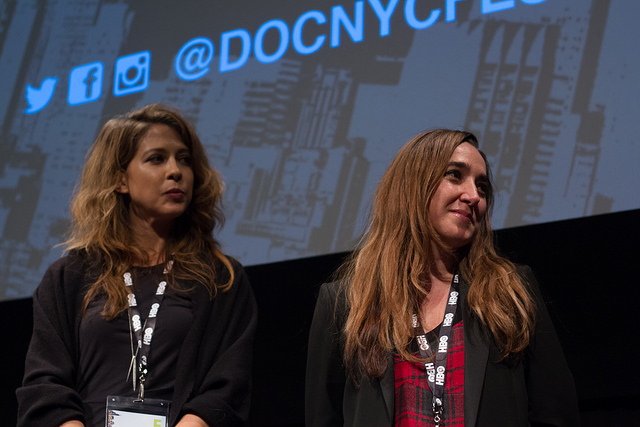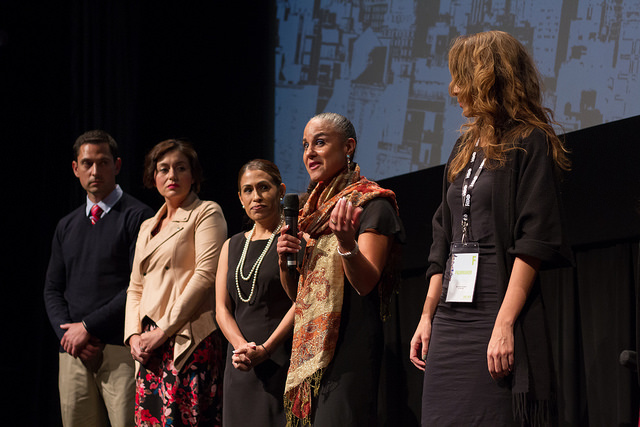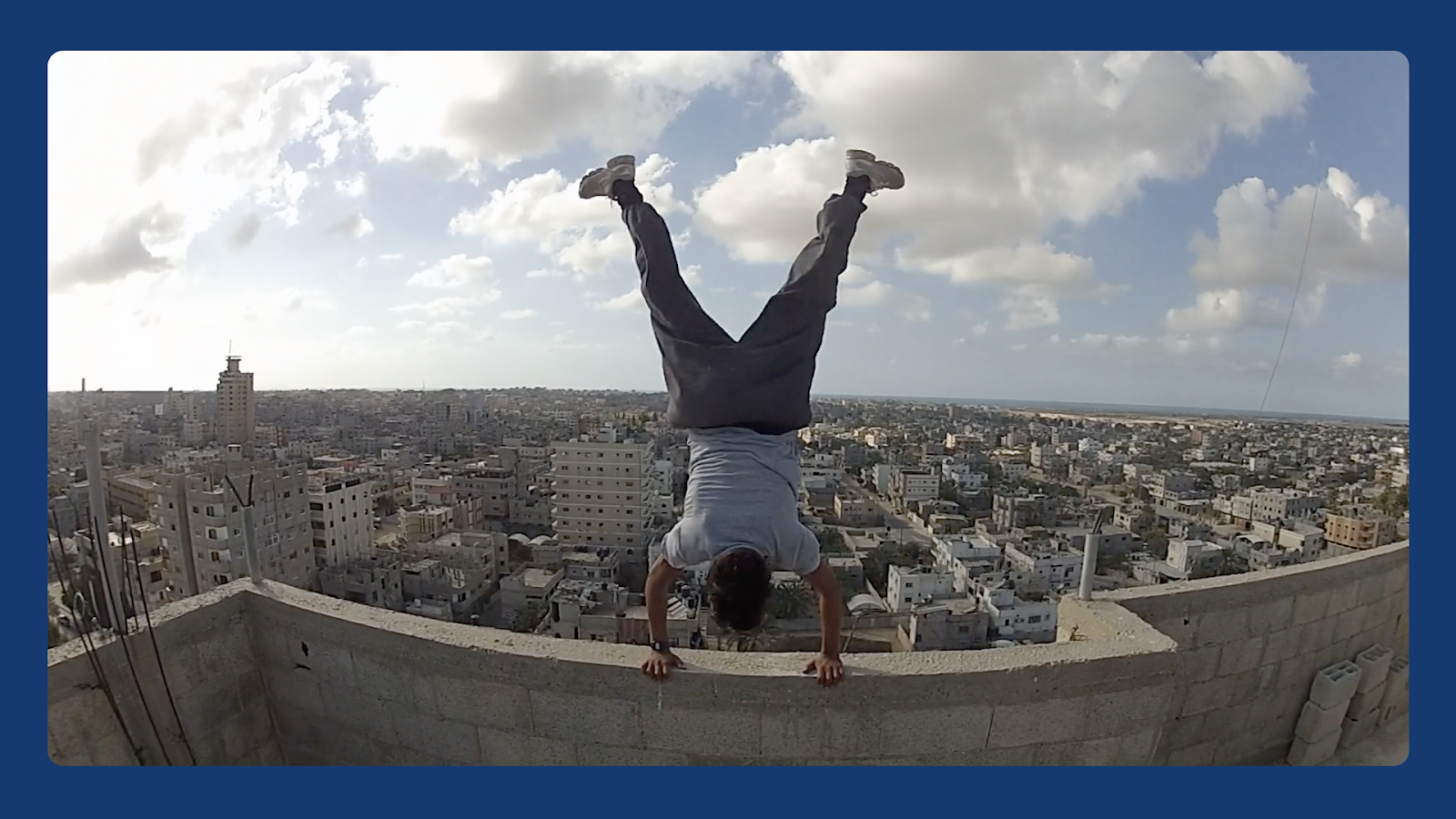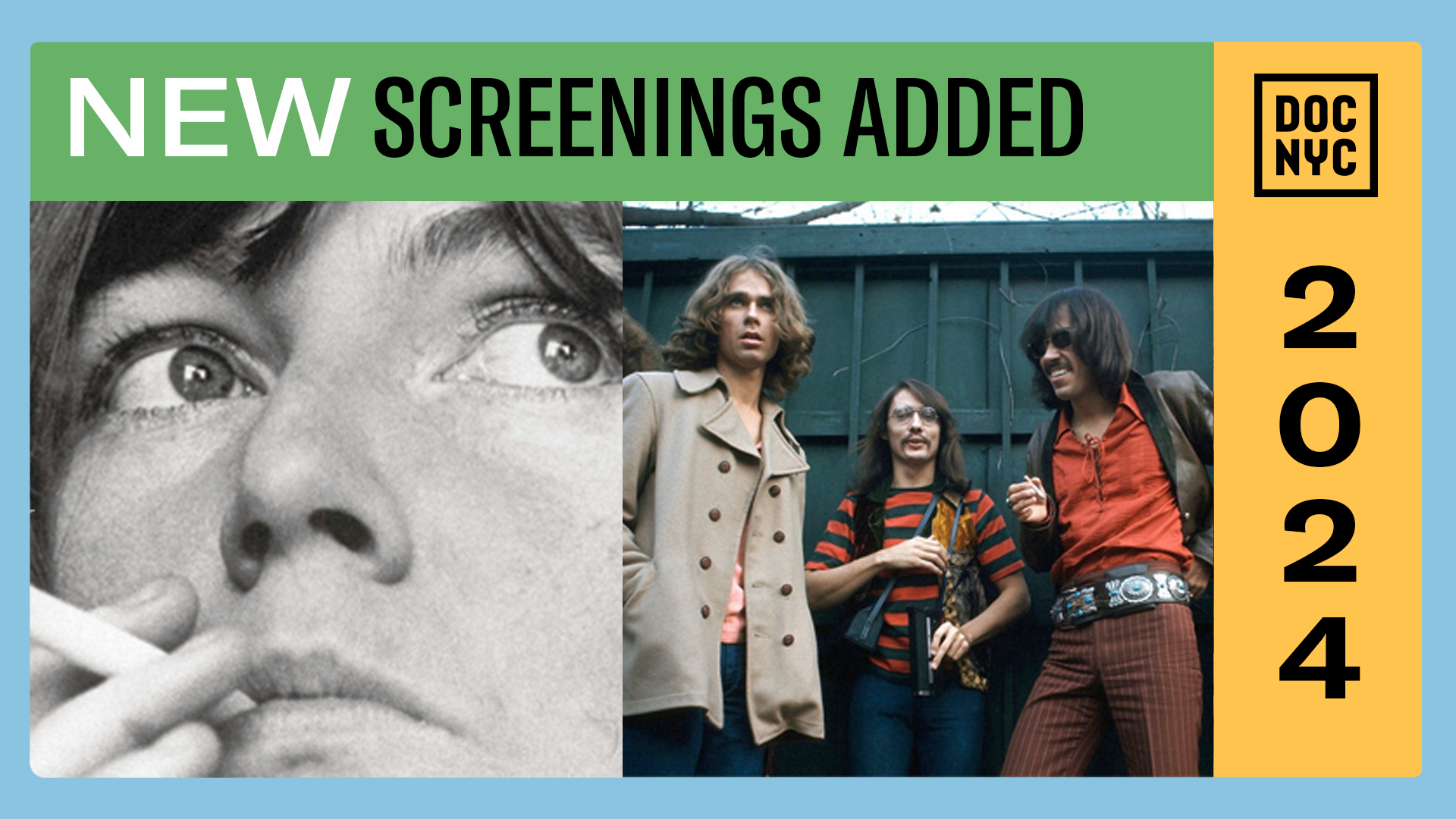Female Vets Confront The War at Home After Fire shows the challenges and triumphs of the fasting growing segment of US Veterans


Written by Kate Hoos
War is difficult. Coming back from it can be harrowing too. After Fire, directed by Brittnay Huckabee, made it’s world premiere at Doc NYC on Veteran’s Day 2016 and tells the story of three women coming to terms with their experiences and the trauma they lived through during their service. Women make up the fastest growing group of veterans, and with the film billed as “a universal story about women veterans and finding strength to speak the truth,” we get the opportunity to follow a group of women as they learn to navigate the world after lengthy military careers.
Valerie Sullivan, Laly Cholak, and Roberta Castaneda hail from the San Antonio Texas area, home to a large population of vets. Throughout the film, we see the ways these women attempt to cope with years of suppressing emotions. In the film, Sullivan states “Once the mission is over and you’re transitioning to civilian life, you’re in shock because there’s so much trauma that happened, and you stuffed it away.” To handle this shock and attempt to unpack that trauma, Laly becomes active in the VFW, aiming to break through the red tape that jams up veterans getting benefits. We also see Castaneda and Sullivan first coming to terms with their horrifying experiences with MST- Military Sexual Trauma- and grappling with what to disclose to spouses and family members and fighting to have their reports move thru a cumbersome and largely ineffectual claims system. Sober statistics indicate that half of MST cases go unreported and those that are have a 40% chance of being denied.
All three women are vulnerable and open in their dialogue as they struggle to adjust. We see them in their day to day lives with their children and partners, at their jobs, and doing outreach with support groups with other female vets. Sullivan tells of not being able to disclose things to her husband for fear of him viewing her differently, and with good reason, as he does come across as distant at many points throughout the film. She speaks of her need to over compensate with exercise to handle the turmoil, and we see her channel that energy in a return to competitive body building. We see Castaneda struggle to rebuild relationships and make connections, and witness a heartbreaking turning point when she says, “My children aren’t even seeing me as human.” Cholak questions her purpose and wonders if her fourteen year career was a waste of time after she ultimately decided to leave the service behind and focus on a family.
During the brief question and answer session following the screening, all three subjects thanked Huckabee for telling their stories and allowing them to be vulnerable. An experienced filmmaker who focuses on telling the stories of women, Huckabee called the trust her subjects placed in her “sacred,” and was committed to making a film that honestly and accurately told their story.
“Every single edit I made, I thought about them and I thought about the fact they were going to have to live with this film,” she said. “They were going to have to talk to their colleagues and their families after they’ve seen this film. I tried my best to get it right”
Kate Hoos is a musician, writer, freelance photographer, and social media consultant whose work has appeared in Bust, Tom Tom Magazine, Homoground, and on countless band websites. She is a member of the organizing committee for the Punk Island Festival and plays guitar in the band Lady Bizness.


